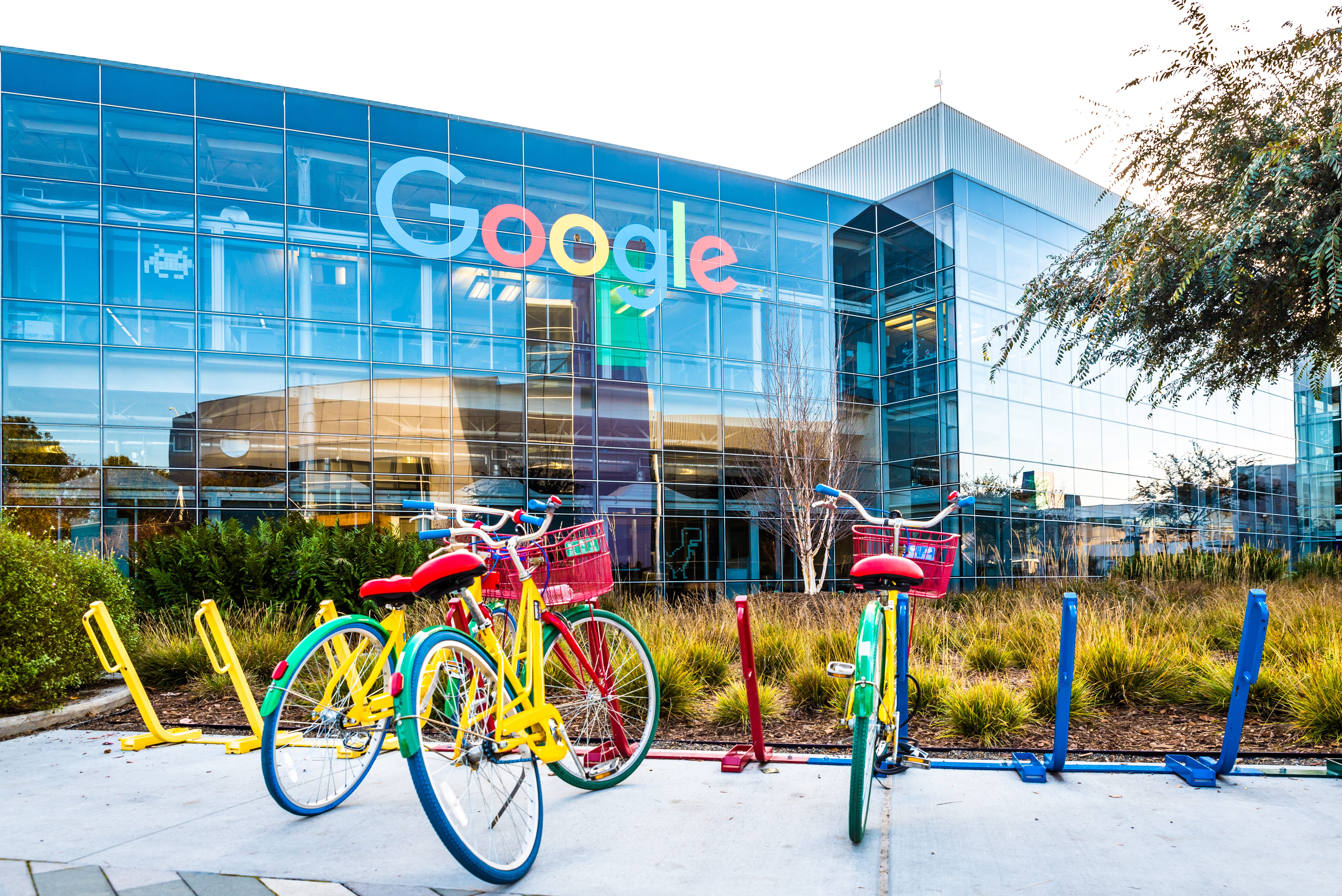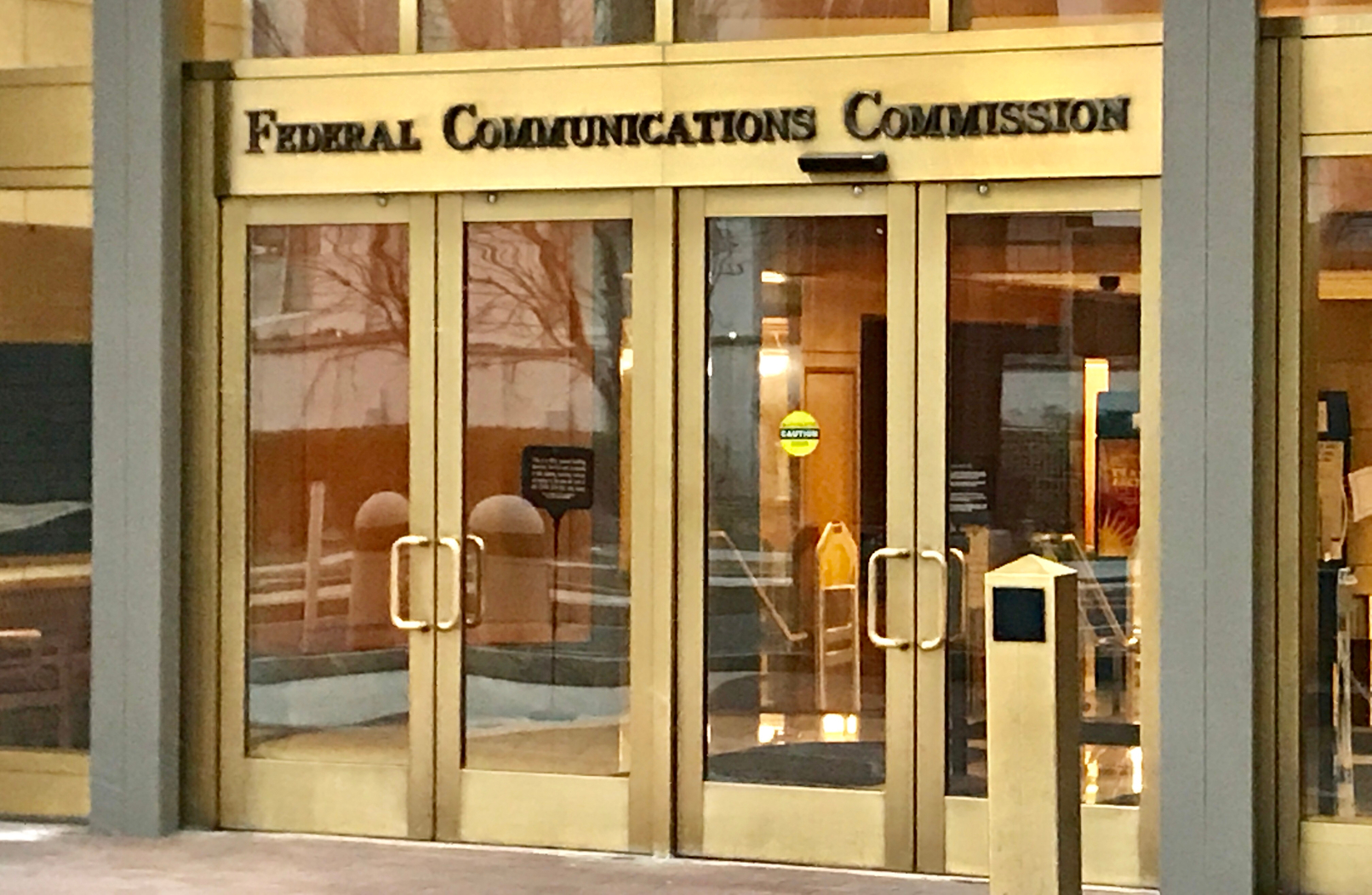This decision could guide many other courts across the U.S. in determining whether strict liability as a retailer or distributor should apply to online marketplaces like Amazon.
Articles Tagged with consumer law
DoorDash reached a settlement with the District of Columbia Office of the Attorney General that included payments worth $2.5 million and greater transparency in tipping policies.
The judge found that Apple met the relevant standards according to FCC tests, and considering alternative tests would undermine efficiency and uniformity.
A consumer in New York alleges that LinkedIn violated consumer privacy by programming its apps on Apple devices to collect sensitive data.
The lawsuit alleges that Google uses its G Suite for Education platform to mine the personal information of schoolchildren, violating federal and state laws.
The federal appeals court allowed the FCC to continue giving internet service providers substantial discretion to control the way in which consumers access the internet.
Tech giant Google faces scrutiny from state attorneys general and the federal Justice Department for potential violations related to online searches, advertising, and Android products.
Gigi Sohn, a former counselor to the Federal Communications Commission during the administration of President Barack Obama, has urged the federal government to pass a law to protect the privacy of consumers. Sohn argued that consumers may suffer more than just financial losses due to violations of their privacy. She noted…
Led by New York State Attorney General Letitia James, the attorneys general of eight states and the District of Columbia will investigate Facebook for possible violations of antitrust laws. The investigation arises from concerns over the dominance of Facebook in its industry, and it will examine whether Facebook may be restricting the choices available to consumers.
The technology giant could face billions of dollars in damages after a panel of federal judges allowed a class action lawsuit by Illinois users to move forward.










